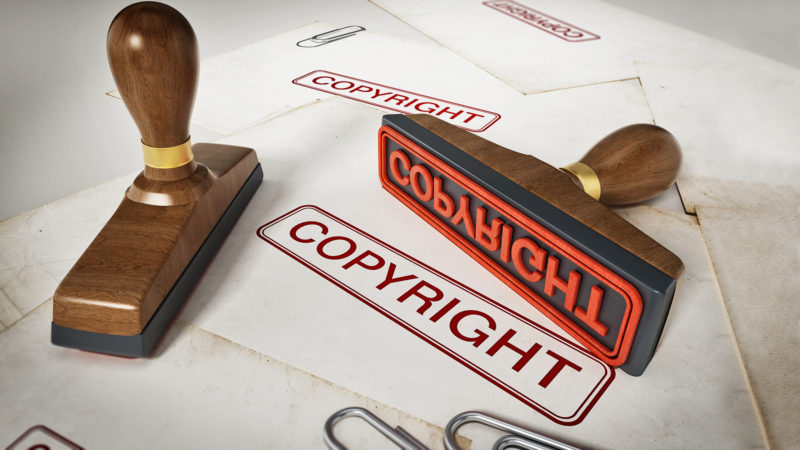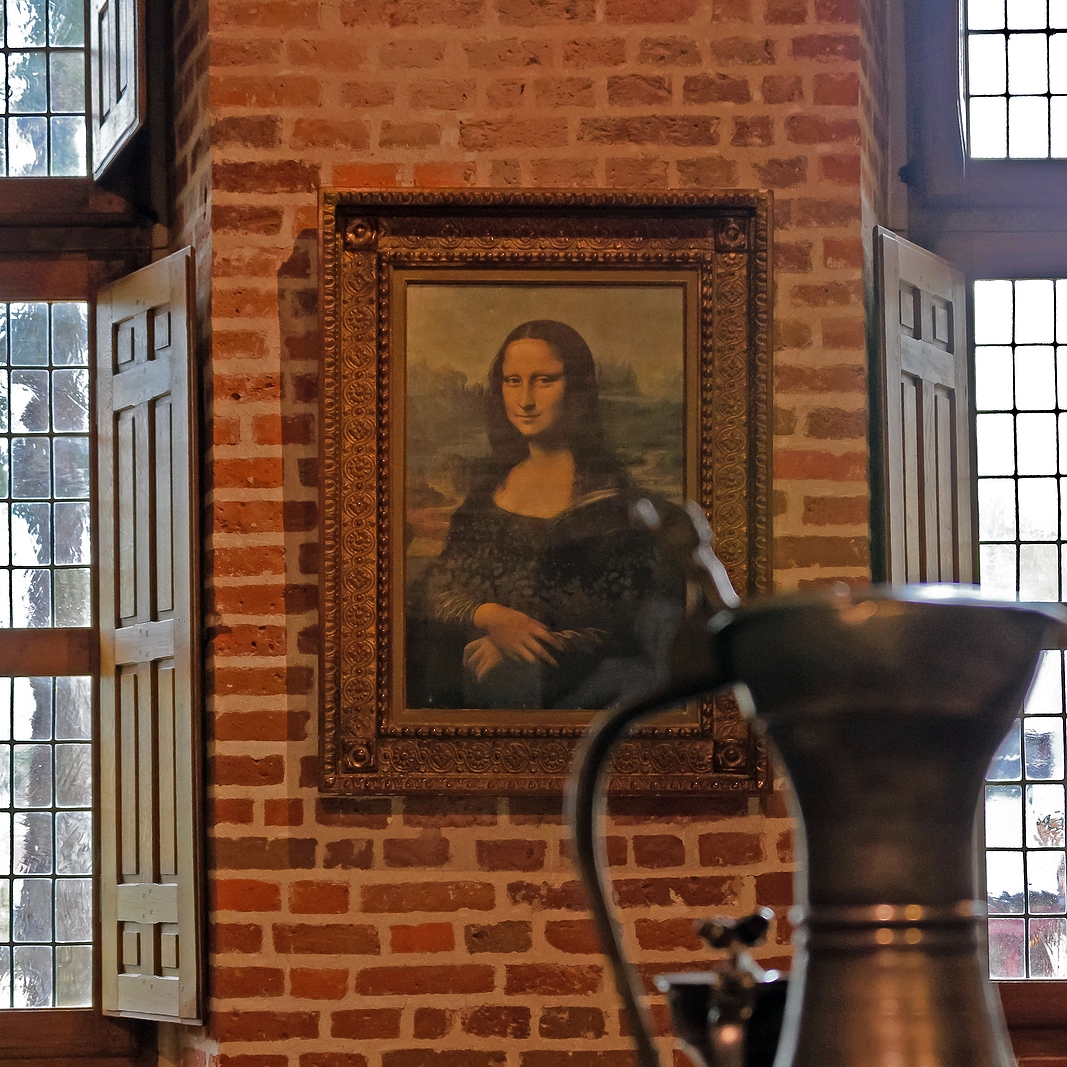Can you create and sell famous painting replicas? Not everyone can buy a van Gogh or Monet painting, and that is when reproduction paintings come into the picture. When an artist duplicates another famous artist’s work, it can be called an art reproduction. In fact, it has been a practice prevalent since the 15th century. However, in a world with strict Copyright rules and regulations, is it legal to sell a copied art? It may sound like it is not, but creating and selling copies of famous paintings is absolutely legal.
So, Can Anyone Make Copies?
Yes, anybody can make copies of other’s work and sell them for a fraction of the original painting’s price. This helps the painting reach the mass and can be used for wall decoration and home improvement. In fact, reproductions started as a side income for artists who received royalty every time their replica was sold. It is not illegal to copy other people’s art as long as you are promoting it as a replica. The entire legality drops curtain as soon as you start counterfeiting.
Replicas vs Counterfeits
Replica paintings are products designed to look like the original painting but not promoted as genuine or original artwork. Counterfeits, in comparison, are products that are made to look exactly like the original painting with the intention of deceiving the buyer. It is marketed and sold as a genuine painting. In fact, there are a lot of original paintings with questionable authenticity.
Replica paintings are mostly made with the help of the same stationery, but they appear different from the original. Counterfeits, on the other hand, can blind even an art connoisseur. It is important to understand the difference between these terms, as it highly decides whether you are entering a legal trade or not.
Legal Considerations for Selling Replicas
Generally, in regards to art, copyright lasts throughout an artist’s lifetime plus 70 years after their fatality. After 70 years have actually passed, the artist’s work becomes part of the general public domain and can be lawfully duplicated.
If the artist has not passed away, selling replicas can attract legal action. In such cases, one needs to obtain permission from the copyright holders or consider a licensing agreement allowing them to sell replicas in exchange for royalties.

Consequences of Selling Replicas Illegally
Selling replicas illegally, i.e., as counterfeits or of copyrighted artworks, can lead to legal and intellectual property rights charges. Fines, lawsuits, and copyright charges are basic but can also result in criminal charges. Make sure that you present to your consumers the truth of your product and maintain fair trade practices.
To Conclude
Selling painting replicas can be a great business, but it is also a risky business. Not only do you have to have due knowledge of how copyright and patent products work, but you also need to include a lawyer who helps you through the process. Retailers should consider the legalities involved in selling replicas and proceed with the dealings with the truest interest.
